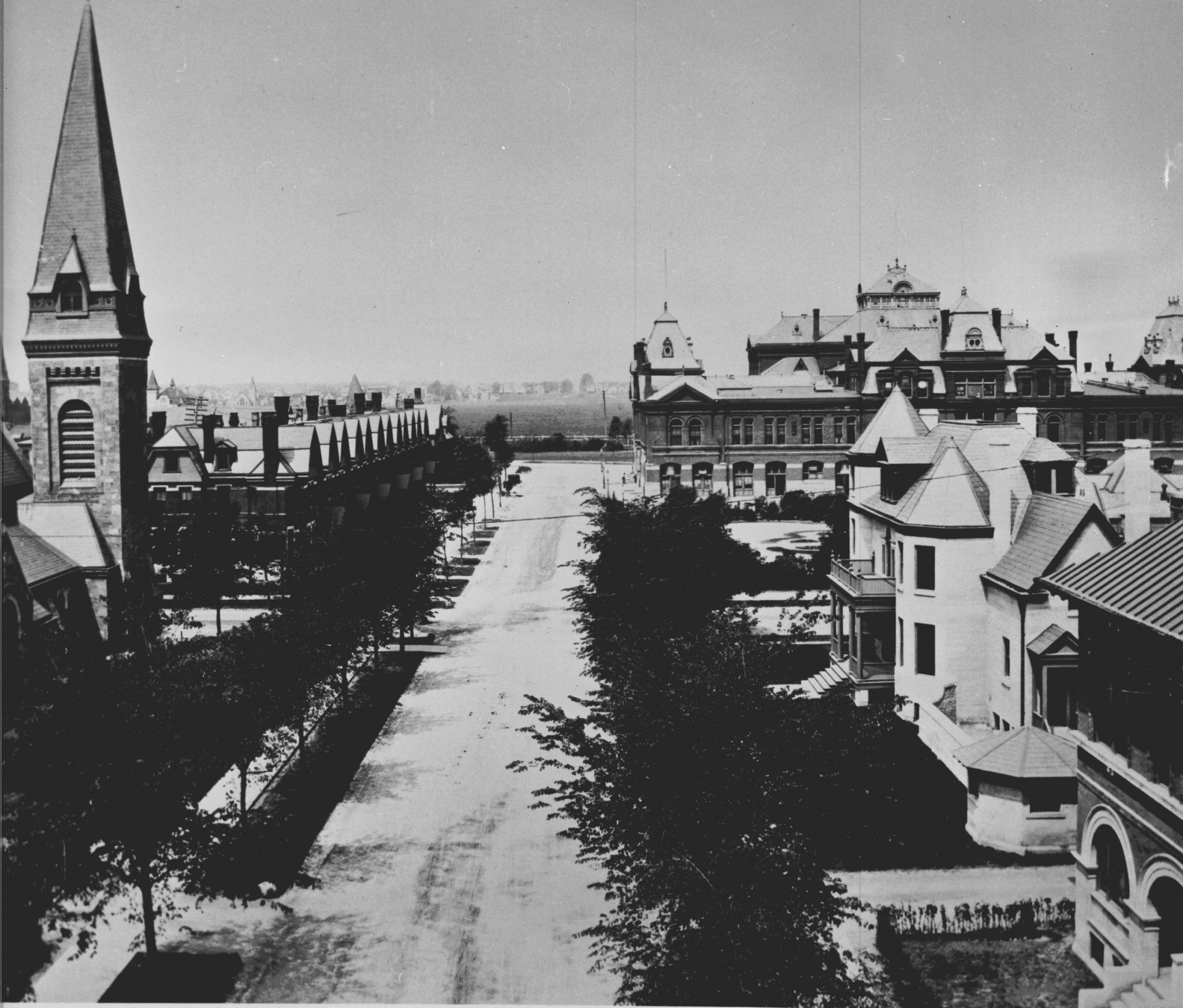

Negotiations with intending purchasers of railway equipment that were then pending for new work were stopped by them, orders already given by others were canceled, and we were obliged to lay off, as you are aware, a large number of men in every department, so that by November 1, 1893, there were only about 2,000 men in all departments, or about one third of the normal number. "At the commencement of the very serious depression last year, we were employing at Pullman 5,816 men, and paying out in wages there $305,000 a month. Pullman entered the room and addressed the committee, speaking, in substance as follows: The absolute necessity of the last reduction in wages, under the existing condition of the business of car manufacturing, had been explained to the committee, and they were insisting, upon a restoration of the wage scale of the first half of 1893, when Mr.
#Pullman factory town full#
Wickes, to be begun the next day, and full redress was assured to the committee as to all con-plaints proved to be well founded. As to the complaints on all matters except wages, it was arranged that a formal and thorough investigation should be made by Mr. Wickes, vice-president, at which the principal subject of discussion related to wages, but minor grievances as to shop were also presented, and it was agreed that another meeting should be held on the 9th of May, at which all the grievances should be presented in writing. On May 7, a committee of the workmen had an interview by arrangement with Mr. In the first week of May last there were employed in the car manufacturing department at Pullman, Ill., about 3,100 persons. In this open letter in the Chicago Herald in June 1894, as the strike began, Pullman explained his motives for cutting wages during the economic depression of 1893.

Workers appealed to the American Railway Union (ARU), which organized a nationwide strike and boycott against Pullman. While owner George Pullman touted it as a model town, the men and women who labored there during the 1893 depression endured starvation wages, deplorable living and working conditions, and, worst of all, Pullman’s paternalistic control over all aspects of their lives. “For the Further Benefit of Our People”: George Pullman Answers His Strikersįor workers at the Pullman Palace Car Company in the 1890s, home was the company town of Pullman, Illinois, and rent was deducted from their wages.


 0 kommentar(er)
0 kommentar(er)
